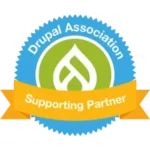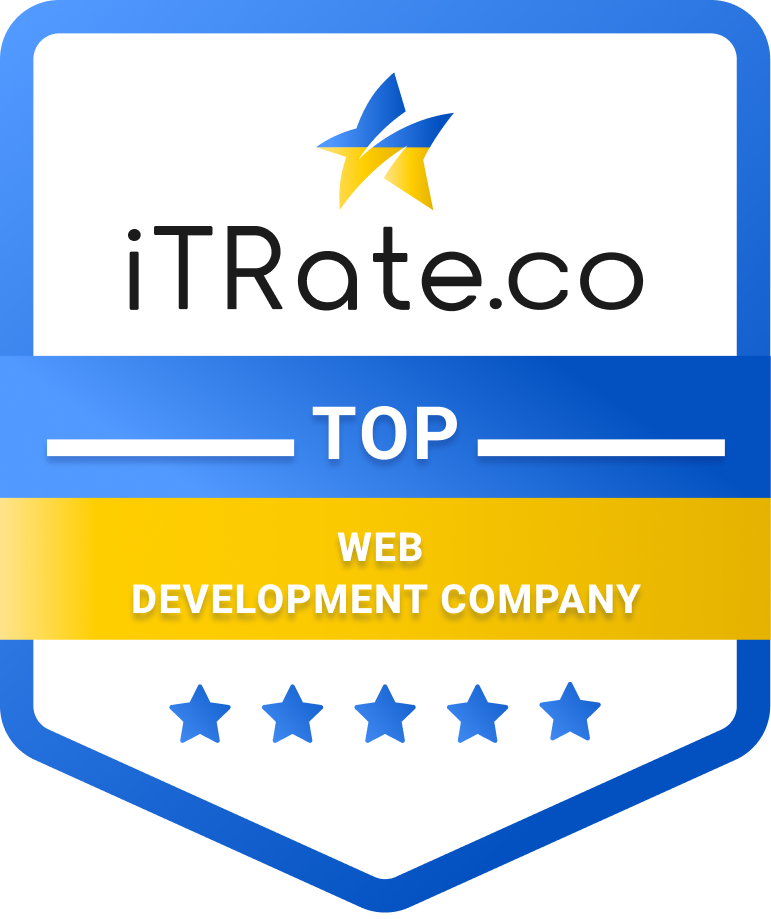About to start a small to large web project? One of the biggest factors is ensuring your idea, from conceptualization to a polished product, happens smoothly by having a detailed plan. Communication always is key, and one of the best ways to ensure you and your agency are aligned, is to have a Scope of Work and a Project Charter created. An effective agency will work with you and your team to understand and coordinate project deliverables through the detailed breakdown of the project from start to finish (although there never is a real end to web projects!), and by identifying what is and isn’t included in your agreement.
While the Project Charter and Scope of Work may seem redundant, they are both crucial pieces of any project, but with different purposes. While each document has its specific role, they are both meant to guide & protect you and your project, from the very beginning. You should never agree to start any project without these documents in place.
Scope of Work
To put it simply, a Scope of Work (SOW) is a contract. BEFORE any work commences, you and your agency will flesh out a high-level overview of your project requirements and schedule. This document will define your vision, goals, and objectives for your project and will be the lifeline for keeping all team members on track with expectations and outcomes.
In your SOW, you (the client) and your vendor (agency partner), should agree on the following:
- Project purpose & objectives (usually a statement of your issues and how you want to fix them. The “why” of your project)
- Project schedule (projected start date and projected end date)
- Project requirements -aka Scope- (agreed upon an outline of features, functionalities, and/or specifications needed for project success)
- Tasks & Deliverables (high-level breakdown of activities/work required to achieve project success and effort timelines involved in each phase)
- Project Milestones (completion of key phases that help measure project progress)
- Billing & Payment (acceptable forms of payments and invoicing due dates)
- Terms & Conditions (all the boring but totally necessary legal stuff)
When you and your agency work together to understand the entirety of the project you are setting up for success.
Project Charter
Following the Scope of Work is the Project Charter, which outlines the project at a micro-level, going into specific details of the project. The project charter contains the foundation of the project, and an exhaustive and detailed outline of what is expected from both your partnered agency and you, the client, and the project. A project charter’s primary purpose is to assign authorization of a project manager to use defined resources and a sponsor (the client), who manages deliverables.
Within this document, there is a summary of the goal, why the project was initiated, deliverables, a detailed budget, out-of-scope items, a technical timeline, stakeholders, and an introduction to the team. There is no confusion within the document about what is within the scope of the project and what is not expected to be delivered, this gives a clear direction of expectations. The Project Charter defines each person’s roles within the project from stakeholder to developer, it will be clear the level of effort required from each party involved.
In your Project Charter:
- Project purpose
- Documentation
- Discovery
- Wireframes
- Site map
- Information Architecture
- Detailed Scope breakdown
- Workflows & environments (development)
- Site architecture
- Design
- Homepage
- Desktop
- Mobile
- Agreed upon a number of revisions
- Responsive development
- Marketing (if applicable)
- Out of Scope / Change request(s) details
- Project outcomes (what is to be achieved and how the results are measured)
- User Acceptance Testing (UAT)
- Detailed Effort timeline and Milestones schedule
Ultimately, if there was a changeover from either agency or client, the project charter would give a clear understanding of the project timelines, expectations, and outcome. With this crucial document, both client and agency have a clear understanding of every detail that will make the project a success.
Starting a Project
At Cheeky Monkey Media, we work from the beginning on ensuring your project starts on the right foot. Each project we work on has a documented scope of work, signed off on by both parties, acknowledging the project deliverables, budget, and timelines.
Through the discovery phase of the project, Cheeky Monkey Media refines the project scope of work into a detailed project charter. Our project charter becomes the reference point for our clients and team members, to keep everyone involved on track and focused on the end result (avoiding the dreaded “scope creep”).
We at Cheeky Monkey Media understand the importance of budgets, timelines, and successful projects. Following processes built through 12 years of business, we work to meet and exceed each of our client’s goals.
Having both documents in place ensures that your project will not only meet expectations without surprises but stay on time and within budget.
You can read more about Cheeky Monkey Media’s discovery phase and the importance of working with the right agency for your business here.
A Scope of Work and Project Charter document is essential to any project’s success – whether it is website maintenance or a website redesign.
Looking to start a new project? We would love to hear from you and chat about how we can help you bring your vision to life!





